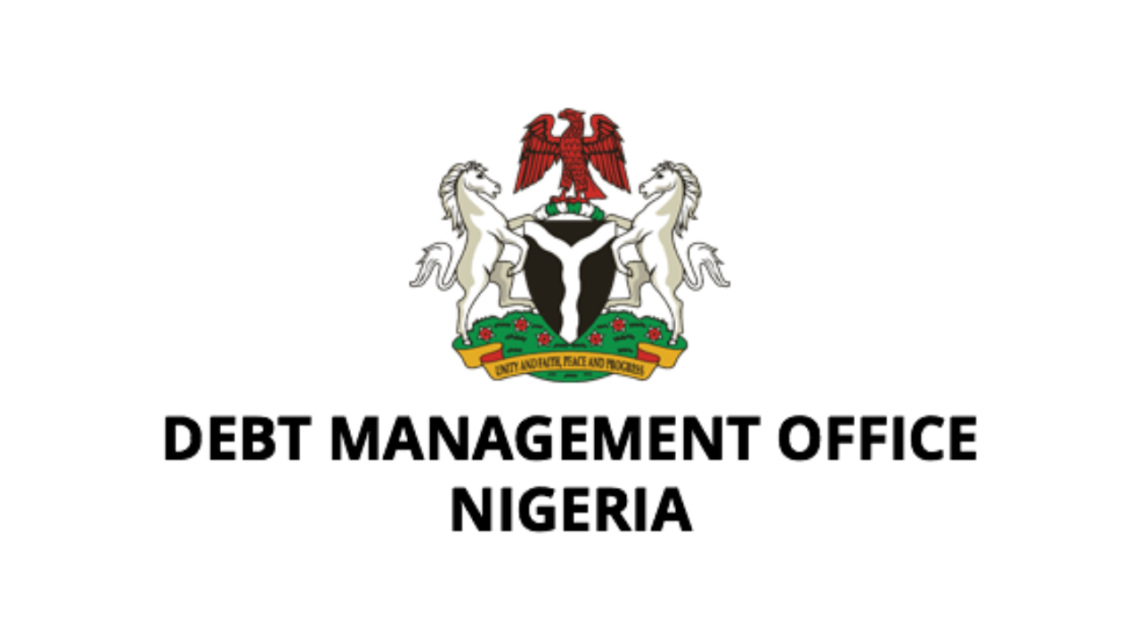In response to an over N10 trillion budget deficit, the Nigerian government plans to increase its borrowings in 2024. President Bola Tinubu signed the 2024 budget of N28.7 trillion, projecting revenue of N18.32 trillion for the period.
So far in 2024, the CBN, on behalf of the federal government, has raised approximately N2.05 trillion through Treasury Bills auctions, while the Debt Management Office raised over N2 trillion from bond auctions between January 2024.
Additionally, the federal government is in discussions with the World Bank to secure approximately $1 billion in loans to address challenges faced by Internally Displaced Persons (IDPs) and their host communities, as well as to bolster rural access and agricultural marketing.
Moreover, the federal government has reportedly engaged investment banks such as Citigroup, JPMorgan Chase & Co, and Goldman Sachs Group to advise on a Eurobond issue later in the year. Although the size of the Eurobond offer remains undisclosed, it is anticipated to significantly increase Nigeria’s debt profile by the year-end, contributing to a rise in debt servicing costs.
While the federal government proposed a debt servicing expense of N8.25 trillion for the 2024 fiscal year, accounting for 28.7% of the total proposed budget for the year, it remains to be seen how these borrowings will impact Nigeria’s fiscal landscape.
Debt Stock Highlights
The DMO reported a staggering 110 per cent increase in Nigeria’s total debt stock from N46.25 trillion at the end of 2022 to N97.34 trillion by December 31, 2023, representing an increment of N51.1 trillion within a year.
Federal government domestic debt stood at N53.26 trillion, while the 36 states, including the Federal Capital Territory, owed N5.86 trillion domestically, amounting to a total domestic debt stock of N59.12 trillion.
On the other hand, federal government external debt stood at N34.07 trillion as of December 2023, while states owed a sum of N4.15 trillion, bringing the total external debt stock to N38.22 trillion





